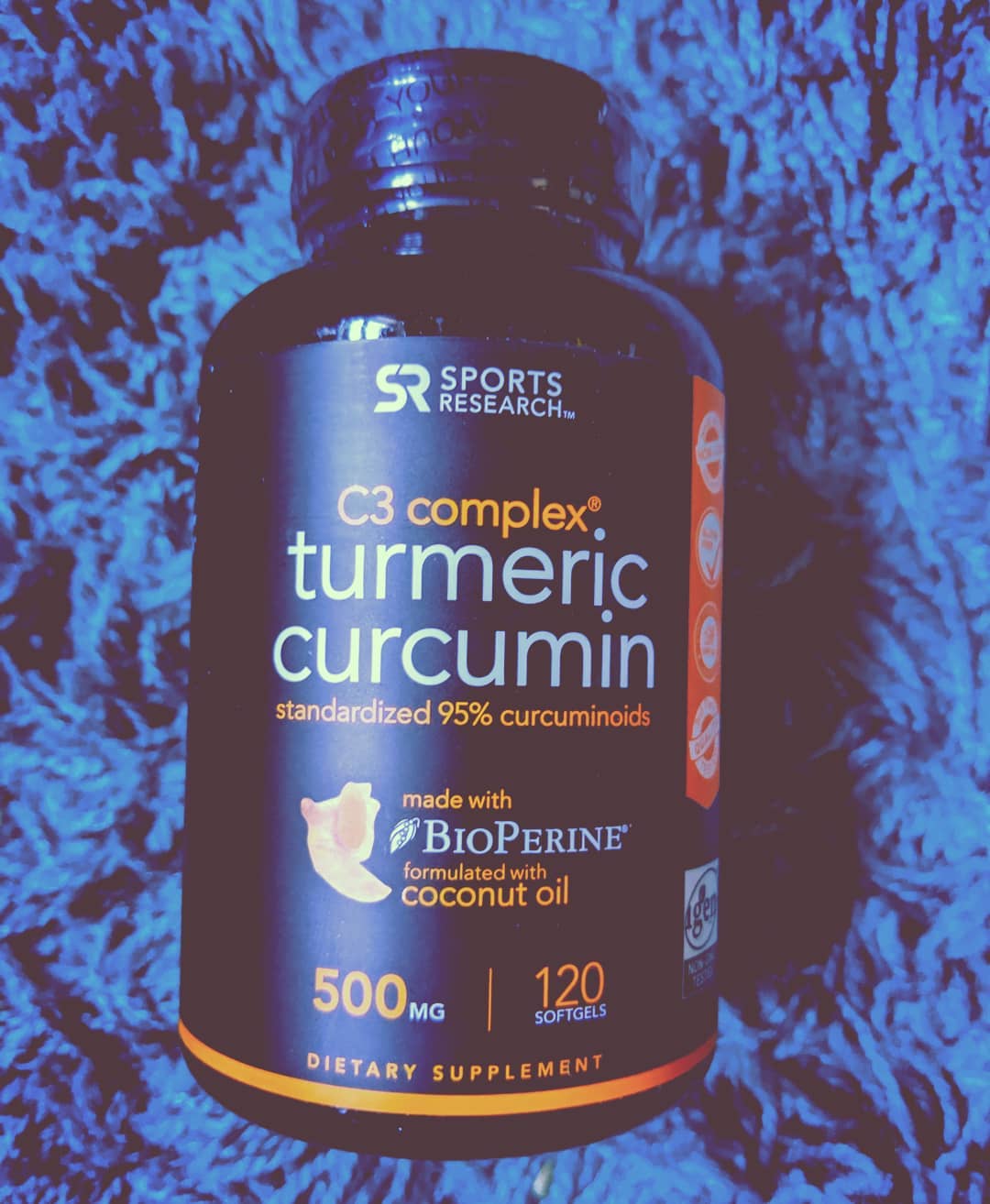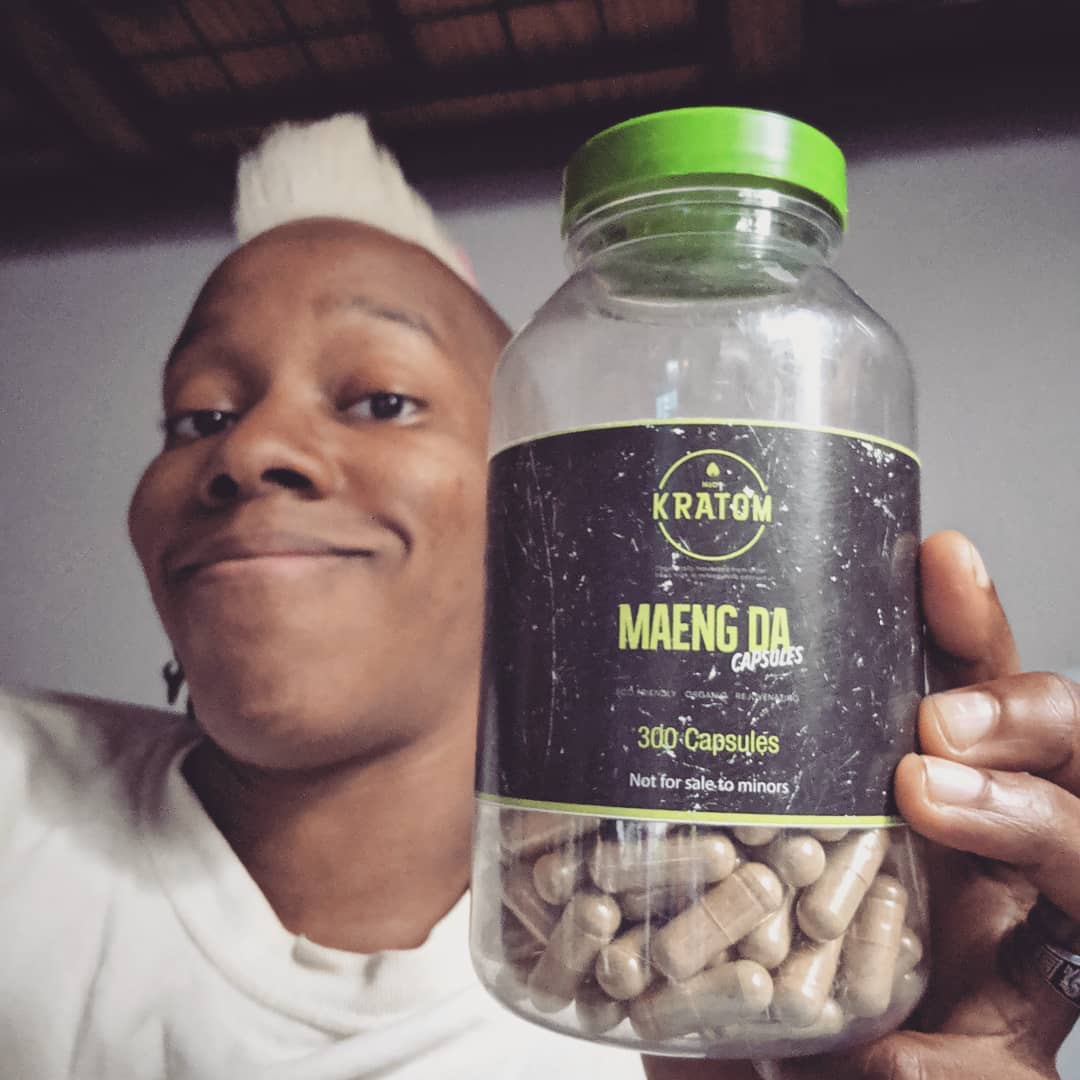
Turmeric
Turmeric is widely used as a dietary supplement to help alleviate pain in individuals suffering from arthritis and musculoskeletal conditions, as well as providing relief of stomach problems like indigestion.
Damage to your muscles and tissues initiates inflammation, which is a vital and normal response of our body’s immune system to stress. While some inflammation can be good to help with muscle repair and adaptation (that’s how you gain strength), secondary muscle damage due to uncontrolled inflammation, particularly when eccentric (lengthening) muscle activity is involved, can cause many undesirable effects. These include decreased muscle strength and range of motion, swelling, and delayed-onset muscle soreness (DOMS) a.k.a muscle pain and stiffness.
Generally, DOMS and inflammation is the highest between one and two days following a resistance training session, and for many, the first instinct is to seek to an Advil or any NSAIDs for relief. Curcumin has received special attention because it is believed to behave the same way as NSAIDs but with a less pronounced inflammatory effect. In the cell, curcumin exerts its antioxidant effects by suppressing the molecules and pathways that are responsible for triggering the inflammation cascade. It is believed that improved inflammation control may translate to faster muscle recovery and enhanced functional capacity.
Another noteworthy thing about turmeric is that because of its limited absorption in the body, it may be helpful to pair turmeric with black pepper as piperine, a compound found in black pepper can boost curcumin’s absorption in the body by up to 2000%. Because curcumin is fat soluble, consuming turmeric alongside foods that contain some healthy fat is also another trick to reap those (golden) benefits.
Related posts




